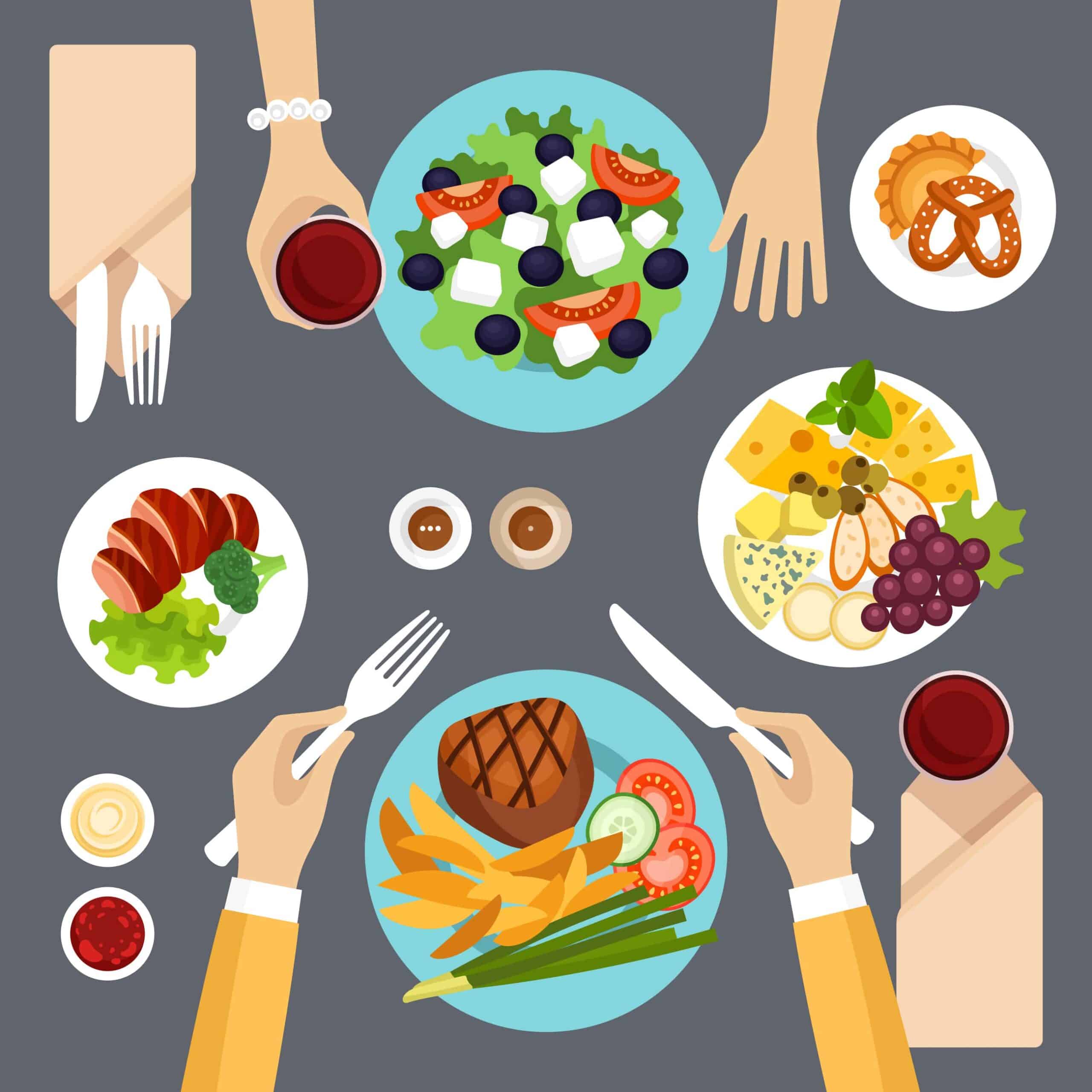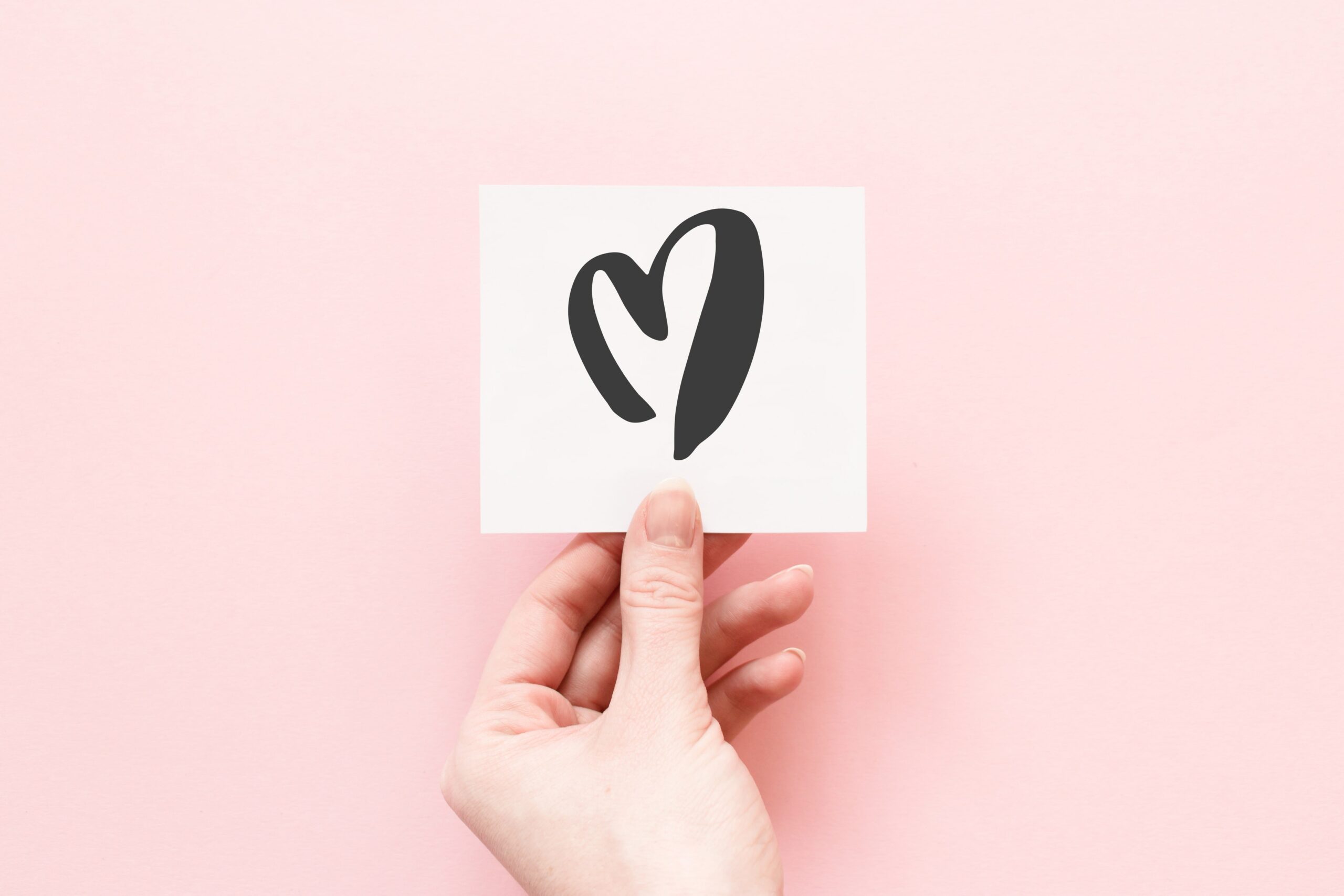What to do when you feel out of control around food and like you lack willpower.
“I’ve been on a diet for two weeks and all I’ve lost is 14 days”, said every dieter. ever.
There isn’t a topic more widely discussed than weight loss than dieting and weight loss in the nutrition world.
Whether it be hot off the press and promoted as the latest quick-fix trend *cue eye roll.
Or, remarketed in a bid to trick us (ahem, keto rebranded as paleo), we can’t seem to get enough of the dieting world.
Now, at Embody Health London, we think dieting is… silly (purely because any aggressive language may impact our SEO).
So, let’s just go for silly.
What is the alternative to dieting?
Of course, we are biased here: working with a Registered Dietitian can help you better understand what is preventing you from implementing lasting changes and more importantly, TEACH you the WHY behind it.
At Embody Health London, we believe knowledge is power and once you have it you are accountable to yourself.
Before deciding to carry on with another diet and grasping to the idea ‘this last time may just work’, ask yourself, what will it get for you? What will the consequences be? Will you actually stick to the damn thing in one year from now?
Here is where you can start.
1. TUNE INTO YOUR HUNGER AND FULLNESS CUES
It often takes some practice to learn how to listen to your hunger and fullness cues. We have been taught to override these from a very young age – “finish your plate!” and “don’t waste your food as there is someone in need!” – sound familiar?
2. BE PATIENT
Start noticing when you begin to experience hunger. We often require food every 4–6 hours, if we wait too long to nourish ourselves this can lend to an imbalance in hormones regulating our hunger and fullness, which result in a sense of being ‘out of control’.
Think about the incredible things your body allows you to accomplish on the daily. It’s not all about a number. Once you appreciate this you will be more likely to respect your body and listen to it.
3. DISTINGUISH BETWEEN PRIMAL HUNGER AND EMOTIONAL HUNGER
Are you actually hungry? What signs tell you, you are? There are usually five symptoms of true hunger (where your body requires fuel) including stomach grumbling, headaches, light-headedness, shakes or fatigue. NOTE: if you are struggling with Anorexia Nervosa this may not apply to you.
4. DEVELOP CONSTRUCTIVE COPING MECHANISMS
It is not uncommon to manage stress or other emotions through food. Food can offer distraction or perhaps a sense of reward. The next time you feel hungry ask yourself
i. What am I feeling right now? e.g. true hunger or anger? shame? sadness?
ii. What do I need right now? e.g. to call a friend? take a walk? write in a journal? read a book? listen to music? The list goes on! Find what works for you.
5. GET ENOUGH REST
Studies have shown a relationship between sleep deprivation and metabolism. When someone is sleep deprived by as little as one hour, population studies show people can consume as much as one extra meal per day [Khatib et al., 2016]. Likewise, on a physiological level, ghrelin (your hunger hormone) increases and leptin (your satiety hormone) decreases as your body tries to compensate to receive energy elsewhere!
If you are ready to get off the dieting bandwagon (or you are sick of feeling consumed by your weight, body and food) you can learn more about our unique Embody Your Authentic Self Programme.
Work with a Registered Dietitian and learn how we can help you boost body image, self-compassion or recover from an eating disorder or disordered eating.
Dieting is silly, you, my friend, are not.
Get in touch at [email protected].
We will be thrilled to support you on your journey.
Ariana Rodriguez, RD, MSc
Team EHL x
Reference
1. H K Al Khatib, S V Harding, J Darzi, G K Pot. The effects of partial sleep deprivation on energy balance: a systematic review and meta-analysis. European Journal of Clinical Nutrition, 2016; DOI: 10.1038/ejcn.2016.201














